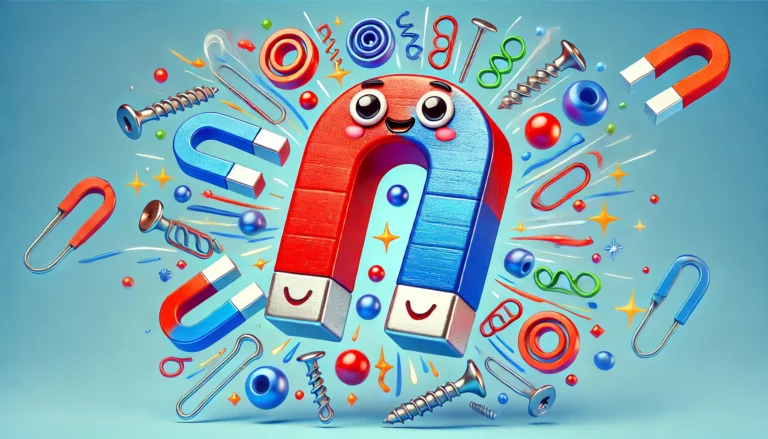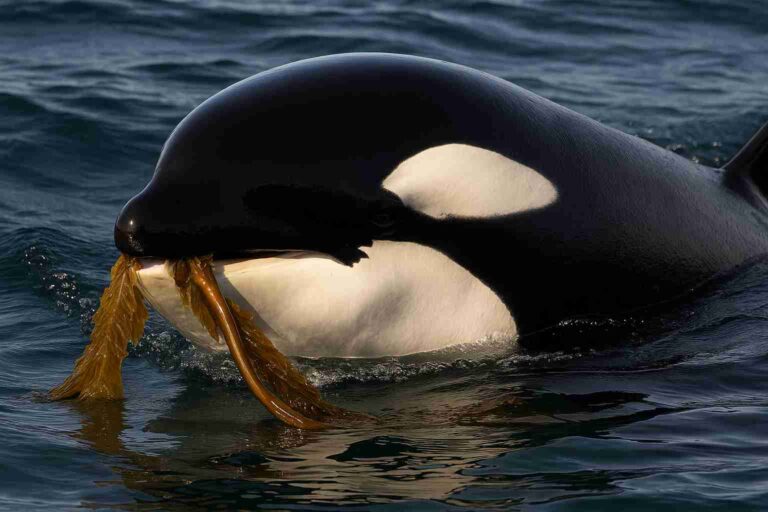
Did you know that millions of birds call the United States home? From tiny hummingbirds to majestic eagles, our skies, forests, and wetlands are filled with their songs. But scientists have discovered something alarming: many of these birds are disappearing at an alarming rate! The 2025 U.S. State of the Birds Report has just been released, and it brings both worrying news and a call for action.
What’s Happening to the Birds?
Bird experts from top science and conservation organizations have studied bird populations across the country. They found that one-third of U.S. bird species are in serious trouble. Over the past 50 years, some species have lost more than half of their population!
Among the most at-risk birds are:
- Allen’s Hummingbird – A tiny but dazzling bird that’s losing its habitat.
- Tricolored Blackbird – Once common, now struggling to survive.
- Saltmarsh Sparrow – A coastal bird facing habitat destruction.
These birds, along with 229 other species, need urgent conservation efforts to prevent them from disappearing forever.
Why Should We Care?
Birds are not just beautiful creatures that fill the air with music; they play a vital role in nature. They help control insect populations, spread seeds, and even support the economy! Believe it or not, nearly 100 million Americans enjoy birdwatching, and this hobby contributes a whopping $279 billion to the economy! That means protecting birds also helps support local communities and jobs.
Dr. Amanda Rodewald, a scientist at the Cornell Lab of Ornithology, explained why this is important: “When birds are in trouble, it’s a sign that nature is unhealthy for all of us.”
What’s Causing the Decline?
Bird populations are dropping due to several factors, including:
- Habitat Loss – Forests, wetlands, and grasslands where birds live are being destroyed.
- Climate Change – Extreme weather makes survival harder for birds.
- Pollution – Chemicals in the environment harm bird health.
- Predators and Human Activities – Increased dangers from invasive species, glass buildings, and more.
The Good News: Conservation Works!
Even though the situation is serious, there is hope! Scientists and conservationists have proven that when we take action, we can help bird populations recover. Programs like:
- Wetland Conservation – Protecting waterfowl like ducks and herons.
- Forest Renewal Projects – Planting trees to rebuild bird habitats.
- Coastal Restoration – Helping seabirds and shorebirds find safe nesting areas.
Dr. Steve Adair from Ducks Unlimited says, “We’ve seen conservation efforts work before, and we must do more now!”
What Can YOU Do to Help?
Even kids can make a big difference in protecting birds! Here’s how:
- Put Up Bird Feeders – Give birds a safe place to eat in your backyard.
- Keep Cats Indoors – Cats are one of the biggest threats to small birds.
- Reduce Plastic Waste – Recycle and avoid littering to keep birds safe.
- Support Bird Conservation Groups – Learn about and donate to organizations that help birds.
🐦 Amazing Bird Science Facts!
1️⃣ Fastest Bird in the World – The Peregrine Falcon can dive at speeds over 240 mph (386 km/h)—faster than a race car!
2️⃣ Biggest and Smallest Birds – The Ostrich is the largest bird, standing up to 9 feet tall and weighing over 300 pounds. The tiniest bird is the Bee Hummingbird, which is smaller than a golf ball and weighs less than a penny!
3️⃣ Birds Are Living Dinosaurs – Scientists believe that modern birds evolved from a group of dinosaurs called theropods, which included the fierce Tyrannosaurus rex!
4️⃣ Super Navigators – Birds like the Arctic Tern migrate over 44,000 miles every year, traveling from the North Pole to the South Pole and back again! They follow Earth’s magnetic field to find their way.
5️⃣ Feather Facts – A single bird can have over 25,000 feathers! Feathers are not just for flying; they also help birds stay warm, attract mates, and even blend in with their surroundings.
6️⃣ Why Birds Matter – Birds help control pests, spread plant seeds, and even warn us about environmental changes. When birds are in trouble, it often means nature is in trouble, too!
Birds are an important part of our world, and their survival depends on us. By taking small steps, we can help bring back the birds and keep our skies full of their songs! Let’s work together to save America’s birds before it’s too late! 🐦🌎






